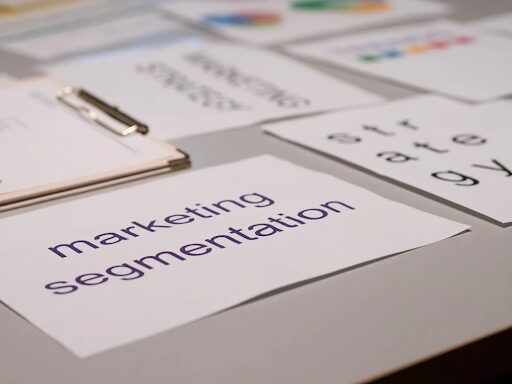Pay-Per-Click (PPC) advertising stands out as a formidable weapon for marketing maestros aiming to magnetize targeted eyeballs and kindle lead generation. However, with potent power comes the tethered responsibility—or, in this context, considerable cost. Decoding the elements that wield an impact on the PPC campaign expenses is pivotal for optimizing your budget and amplifying your return on investment. Today, we intend to navigate you through the cardinal elements dictating PPC costs, laden with actionable tips and discerning insights.
Stepping into the PPC Advertising Sphere
PPC advertising serves as an online marketing protocol where advertisers are billed each time their advert is clicked upon. It essentially implies purchasing site visits rather than garnering them organically. The potency of PPC hinges on its aptitude to facilitate speedy entry, measurable outcomes, and towering visibility on leading platforms like Google and Bing.
Rivalry as the Momentum Provider
The degree of rivalry in your field can notably sway PPC costs. Industries enjoying high demand, such as finance or insurance, often encounter escalated costs per click due to a plethora of firms grappling for the same audience. Contending this necessitates delving into niche keywords or targeting comparatively less competitive advert spaces.
Deciphering Keywords and Their Price Points
Keywords form the backbone of any PPC crusade, and you can contact King Kong to get your strategy right. The price of keywords is gauged by their popularity and relevance. While high-volume search keywords are usually pricier, employing long-tail keywords can deliver a more economical and targeted alternative allowing marketing managers to zero in on specific audiences with intent-driven queries.
Ad Quality as the Cost Influencer
The quality score of your advert is a pivotal factor dictating its cost-effectiveness. Superior quality ads—those which are pertinent, captivating, and meticulously designed—can curtail your cost per click. Concentrating on crafting compelling ad copy and ensuring landing page relevance can enrich your quality score, ushering in more pocket-friendly campaigns.
The Bid Strategy’s Role
PPC crusades function on a bidding mechanism where your strategy directly affects expenses. Opting for automated bidding strategies can optimize your expenditure by adjusting bids dynamically based on performance data. Conversely, manual bidding grants more control but demands more supervision and acumen.
Implementations and Illustrations
Think about the petite e-commerce establishment that docked its PPC expenditure by 30% through targeting long-tail keywords and amplifying ad quality. By zoning in on niche products and honing their messaging, they reaped higher engagement sans swelling their budget. This method underscores the effectiveness of strategic keyword choice and ad polishing.
Comprehending the determinants shaping PPC campaign costs can equip marketing managers to make enlightened decisions optimizing budget allocation and campaign efficiency. By bearing competition in mind, judiciously selecting keywords, improving ad quality, and opting for suitable bidding strategies, you can craft PPC crusades that deliver results without overspending. For marketing managers yearning to deepen their expertise, probing further resources or consulting with a PPC wizard can provide priceless insights tailored to your industry’s specific requirements.


